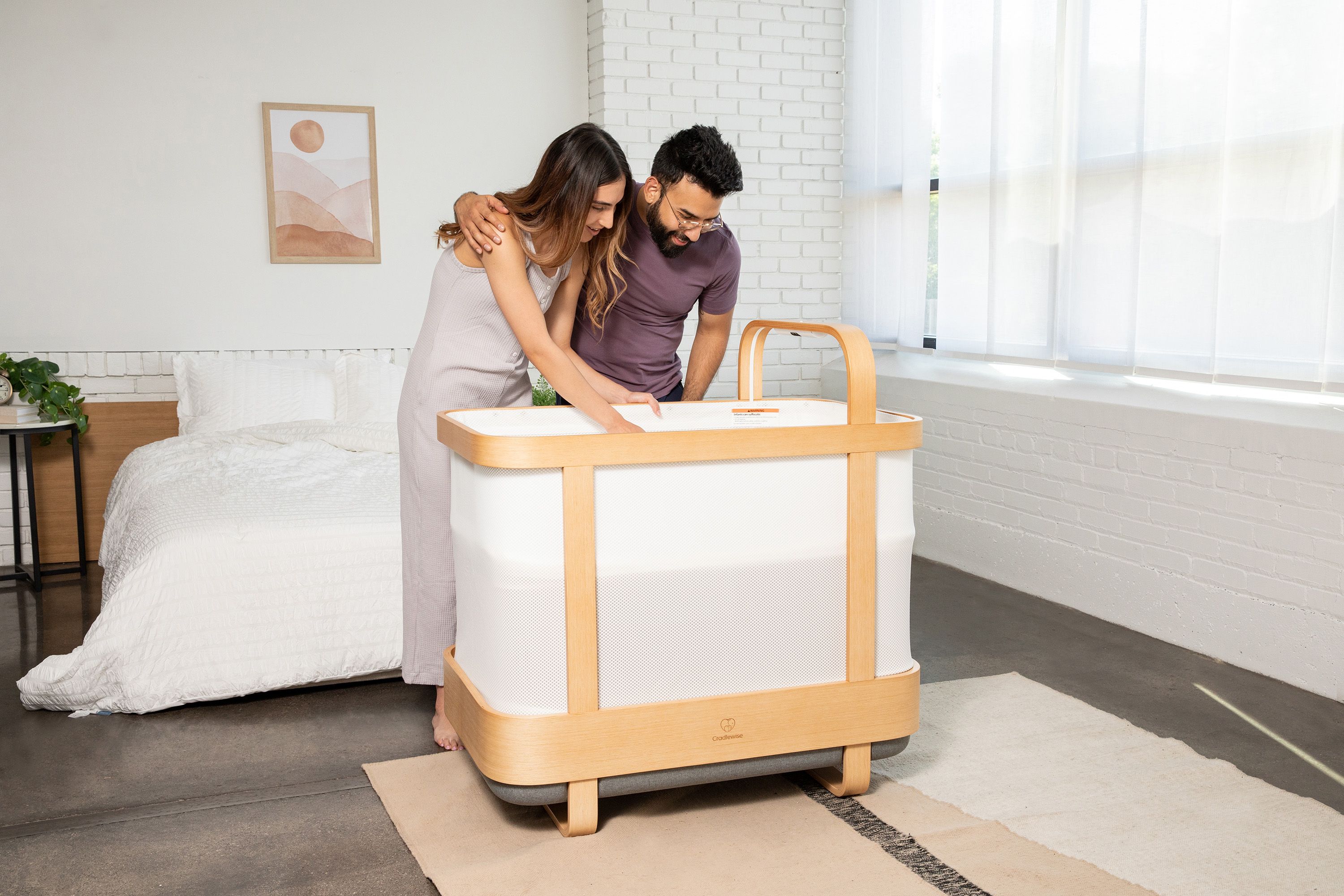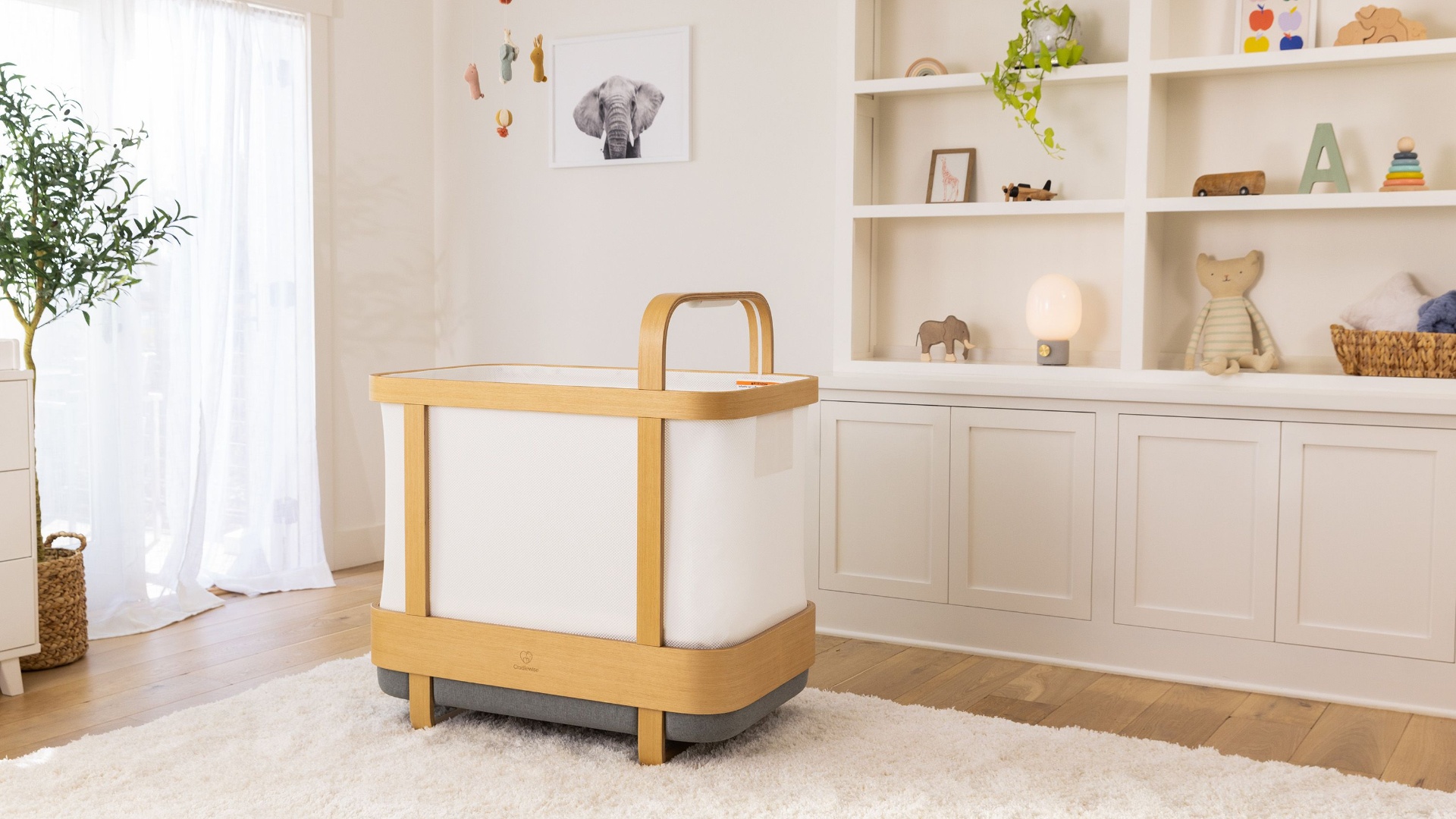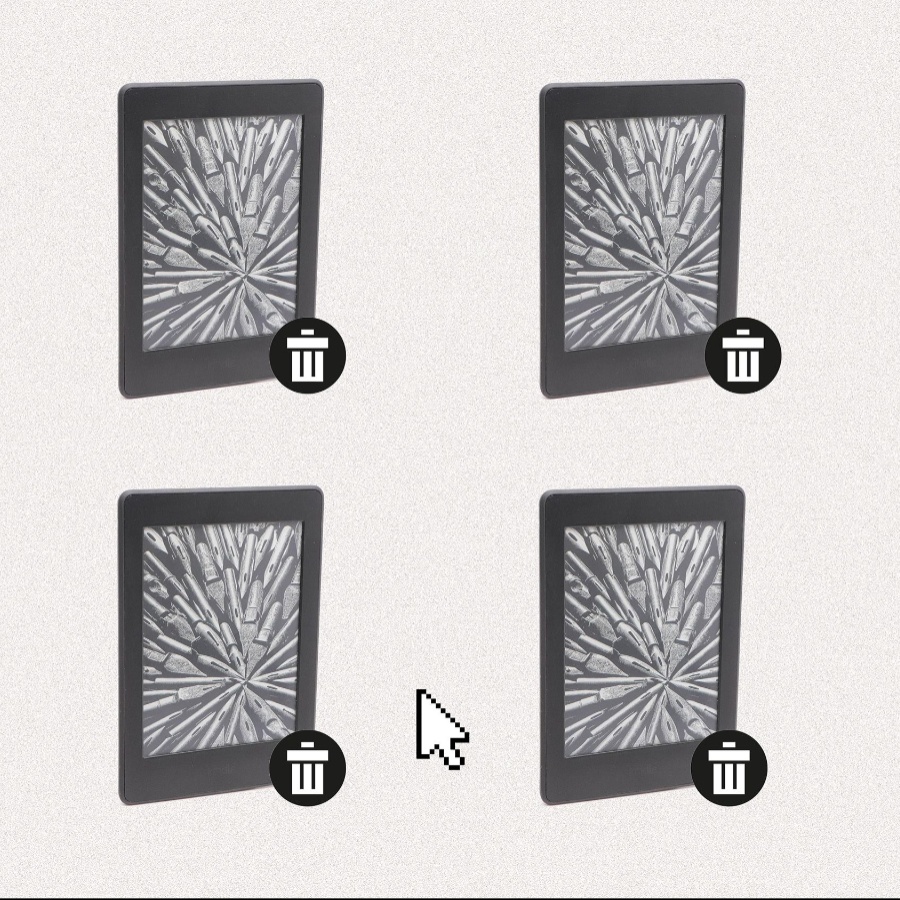As far as celeb endorsements go, Radhika Patil couldn’t have asked for a better one. Earlier this year, a Sam Altman tweet changed the trajectory of her smart crib start-up, Cradlewise, which is designed in Pune. On X, Altman shared, “We bought a lot of silly baby things that we haven’t needed but definitely I recommend a cradlewise crib and a lot more burp rags than you think.”
This came five years after TIME magazine deemed Cradlewise’s singular product—a smart crib and bassinet with revolutionary bounce technology that helps put babies to asleep—the best invention of 2020. In an era of paid collaborations and hazy sponsorship deals, this heartfelt, organic post from a sleep-deprived parent who happened to be the CEO of OpenAI naturally created a domino effect, says Patil, Cradlewise’s Pune-born-and-raised founder, CEO and CPO (chief parent officer) over Zoom from her home in the Bay Area. “We had no idea. He discovered us, placed an order for two cribs, and put out that tweet. [After that] we had a lot of celebrities and well-known people reach out, along with CIOs, CXOs, our tech audience, which took notice,” says the mother of two.
Timing-wise, Altman’s tweet was fortuitous, coinciding with the brand’s launch in India the same month. It marked a full-circle moment for an idea that was hatched and tested in Bengaluru over a decade ago, when Patil and her life partner, Bharat, both engineers, were expecting their first child. Unable to find a cradle that felt sturdy and safe, they decided to use their expertise to build their own, working with a 3D camera and a sensor monitor. Today, their innovation uses sensors to detect a child’s first stirrings. Based on your infant’s sleep schedule, the crib determines whether to soothe them back to sleep with bouncing motions or to let them wake up. And with this, the Patils are convinced that Cradlewise has helped save “two hours per day for parents” (read: an eternity in new-parent lingo).
The couple’s ‘aha’ moment came in the early days of their daughter’s infancy. Realising that she woke up exactly 30 minutes after they put her down, they began pre-emptively rocking her in the cradle they’d built so as to not miss the window of sleep. “I remember thinking, why isn’t there a cradle that can sense the baby first stirring and put her back to sleep? As parents, it was impossible for us to be near her 24/7. So, we built the technology and started seeing a huge difference in her sleep. It really was an SOS need.”
That was in 2014, when Fitbits were fast gaining popularity, and messaging around sleep hygiene was just starting to gain traction. By 2017, the couple had their second child, and a prototype was ready: one that could rock the baby up and down and also sideways. They sold four of those cradles from their living room to friends, who would go on to use them for 18 months, giving them the motivation to further develop the product. While the market was flooded with baby monitors and bassinets that used technology to aid sleep, the age limit was six months. “Any parent knows that’s not when sleep settles; it is, in fact, when it often regresses. We wanted a sleep solution that grows with the baby. What we didn’t want is to be another baby monitoring company—parents already have enough anxiety, and data can add to it. The fabric of Cradlewise, for us, was for data to impact the outcome for parent and child. If your baby needs extra soothing, the cradle will help. And the data will reflect the change.”
By the following year, the couple quit their jobs, hired interns, hustled grants and applications, and created a pilot program with 30 cradles across Bengaluru, Hyderabad, and Pune. Radhika also took over a paediatrician's OPD to conduct a survey, realising that their hypothesis was true: parents were struggling with infant sleep issues, and often resorting to some sort of jugaad to get their babies to sleep. In July 2020, in the middle of COVID-19, the couple, armed with investment from a US accelerator programme, and along with their two children, aged six and three, boarded an air-bubble flight to the United States. That autumn, they launched Cradlewise in the San Francisco Bay Area.

The launch was far from smooth sailing. It was COVID time, so they limited the product launch geographically, launching ‘Nursery on Wheels’, which involved them driving the product in a van to interested consumers for contactless demos. “When it comes to parenting, there’s no one-size-fits-all. You don’t want to try a beta product on your baby, so the trust slowly developed. We did that for our first 100 customers. Then for the first 1,000 customers, I spoke to them personally to get feedback and also re-assured them when we were facing delays due to global port congestions. They were all understanding, but we also knew what was at stake—start-ups get only one chance. There really was no Plan B.”
That’s not to say there weren’t questions and doubts from the parents they met. “The first question was always about the safety of having wi-fi near children. And the second was always ‘Is this a robotic nanny?’. ‘Is the crib going to replace me?’” recalls Patil. These were questions, she says, she had asked herself, so she developed a playbook with messaging and a customer service that is prompt, efficient and, most importantly, empathetic. ‘Customer first’ is key to their success, she says. “It’s a choice we respect, and we believe that technology can only augment, never replace. For us, word of mouth, rather than me overselling the brand, is paramount. It’s the reviews from parents that have built trust.”
The fact that their first customers are now using the product for their second and third babies (it has an over-the-air update feature) is testament to the functionality of the product they built. Last year, the company was listed as the second fastest-growing company of 2025 on Exploding Topics; in 2024, after years of logistics and manufacturing struggles they started their own manufacturing unit in Pune. Today, they are available across the US, India, and Australia, with the UK set to be their next stop.
During a newborn’s early months, good sleep—for both new parents and infants—can feel like an unaffordable luxury. And most parents will do anything for a good snooze, even if it means repeatedly hearing those insufferable tunes. But can AI help bleary-eyed new parents in their only big pursuit: a good night’s sleep? It looks like it’s possible, but right now for a very pricey tag (₹1,99,900). “We’re at the moment when people have realised how important sleep is. Who knew that we were going to use apps to measure our sleep patterns? Our first Cradlewise babies have now graduated to toddler-hood, yet 84 per cent are still experiencing sleep issues, which was surprising. So, our larger mission now is to own the kids’ sleep space, all the way from 0 to 18 years.” Does that mean a teenager without tantrums? Show us the prebooking link already.






